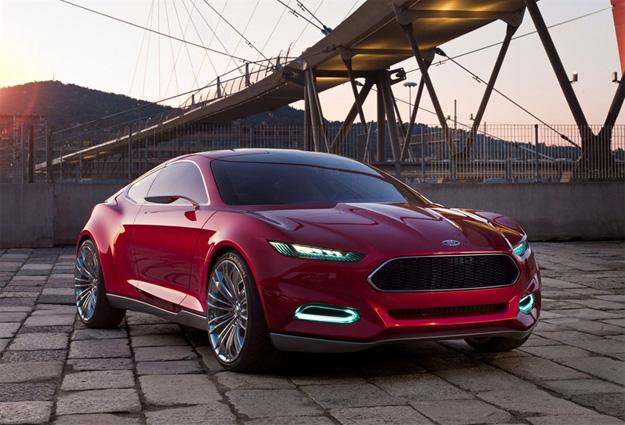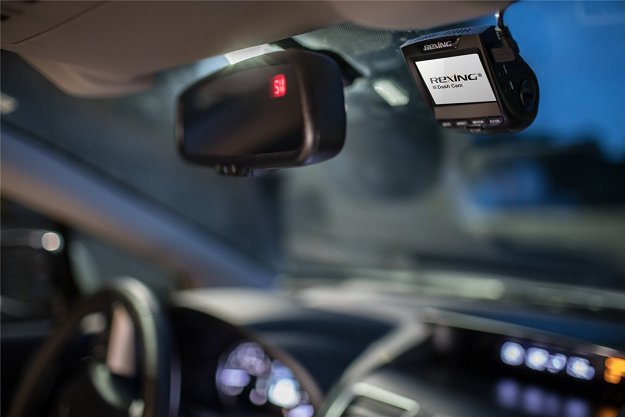
As governing bodies like the European Union and United States government lay down stricter regulations regarding emissions and fuel economy, automakers like Ford are seeking new solutions to keep up with ever-increasing industry standards.
To meet these benchmarks, Ford has announced it will team up with Dow Chemical in order to research and develop advanced carbon fiber for use with its future cars. The joint research effort will concentrate on manufacturing carbon fiber composites on a wide scale, and at affordable production costs. With its latest endeavor, Ford aims to cut the weight of new cars and trucks by up to 750 pounds by the end of the decade.
Unfortunately, producing carbon fiber and utilizing it in automobiles is currently effective for weight reduction and advanced aerodynamics, but costly to manufacture in high volume compared to steel (which is why you generally find it used in higher-end sports cars where the manufacturing cost can be recouped). Why is that? Well, it’s a combination of things really, but mainly that the whole process is a huge pain in the tailpipe; it takes up a lot of time, energy, and equipment.
But whatever gains Ford and Dow Chemical are able to achieve, big or small, with the manufacturing process , it will surely provide a boost and competitive edge for the Blue Oval.
Other auto manufacturers are also looking into strategic partnerships for widespread carbon fiber use. Late last year, General Motors announced plans to co-develop advanced carbon fiber composite technologies for potential high-volume use in production vehicles with Japanese chemical and pharmaceutical company Teijin Limited, in an effort to also keep up with increased regulation and provide higher levels of fuel economy.
Of course, reducing vehicle weight is just one component of making vehicles more fuel efficient — a sentiment Ford seems to share. “There are two ways to reduce energy use in vehicles: improving the conversion efficiency of fuels to motion and reducing the amount of work that powertrains need to do,” said Paul Mascarenas, Ford chief technical officer and vice president, Research and Innovation, in a statement.
Ford has already begun reducing the size of engines through its EcoBoost engines found on many of the company’s latest models, while a concentrated effort to electrify its fleet, along with the company’s partnership with Dow Chemical, will – if successful — see further gains in fuel economy and reduced vehicle workload. Translation: lighter cars with greater mileage. Yes, please.
Editors' Recommendations
- Nissan teams up with EVgo to provide free charging of Leaf vehicles in U.S.
- Ford’s latest acquisition will help boost the development of self-driving cars


